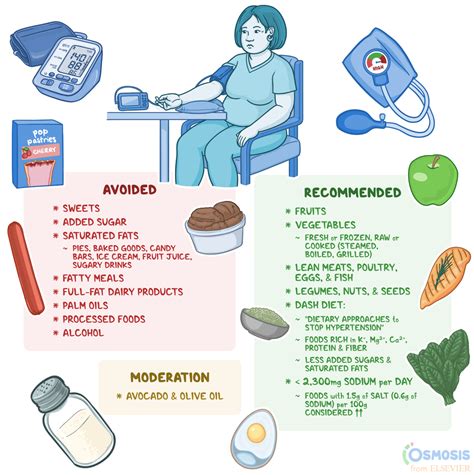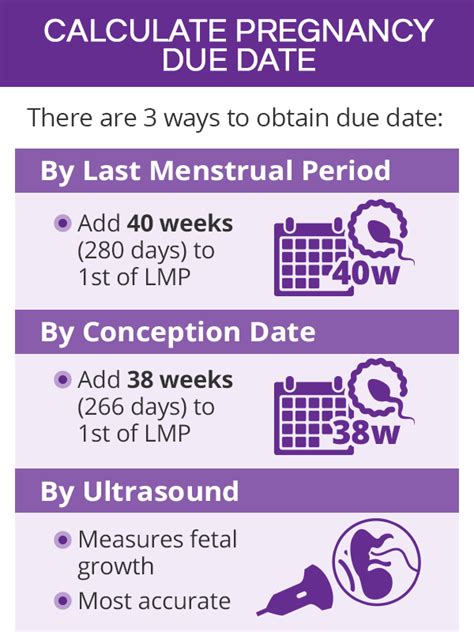Why Do We Get Sore Throats?

Sore throats are a common ailment that can be caused by a variety of factors, from viruses and bacteria to allergies and environmental irritants. While most sore throats are not serious, they can be uncomfortable and interfere with daily activities.
Viral Infections
The most common cause of sore throats is viral infections, such as the common cold or flu. These viruses can cause inflammation and swelling of the throat, leading to pain, scratchiness, and difficulty swallowing.
- Rhinoviruses: These viruses are responsible for the common cold and can cause sore throats, runny noses, and sneezing.
- Influenza viruses: These viruses cause the flu and can lead to sore throats, fever, chills, and muscle aches.
- Adenoviruses: These viruses can cause a variety of respiratory illnesses, including sore throats, fever, and swollen lymph nodes.
- Epstein-Barr virus: This virus causes infectious mononucleosis, which can lead to sore throats, swollen lymph nodes, and fatigue.
Bacterial Infections
Bacterial infections can also cause sore throats, although they are less common than viral infections.
- Streptococcus pyogenes (strep throat): This bacteria causes strep throat, which can lead to severe sore throats, fever, and swollen lymph nodes.
- Staphylococcus aureus: This bacteria can cause a variety of infections, including sore throats, skin infections, and pneumonia.
- Haemophilus influenzae: This bacteria can cause meningitis, pneumonia, and sore throats.
Allergies
Allergies can also trigger sore throats. When an allergic person comes into contact with an allergen, such as pollen, dust, or pet dander, their immune system reacts by releasing histamines. These histamines can cause inflammation and swelling of the throat, leading to pain and difficulty swallowing.
Environmental Irritants
Environmental irritants, such as smoke, dust, and pollution, can also cause sore throats. These irritants can irritate the throat lining, leading to inflammation and pain.
Other Causes
Other less common causes of sore throats include:
- Gastroesophageal reflux disease (GERD): This condition occurs when stomach contents flow back into the esophagus, which can cause sore throats, heartburn, and nausea.
- Tonsillitis: This condition is characterized by inflammation of the tonsils, which can lead to sore throats, difficulty swallowing, and swollen lymph nodes.
- Pharyngitis: This condition is characterized by inflammation of the pharynx, which can lead to sore throats, hoarseness, and difficulty swallowing.
- Laryngitis: This condition is characterized by inflammation of the larynx, which can lead to sore throats, hoarseness, and difficulty speaking.
The treatment for a sore throat will depend on the underlying cause.
- Viral infections: Most viral infections will resolve on their own within a few days. Treatment can focus on relieving symptoms, such as taking over-the-counter pain relievers, drinking plenty of fluids, and resting.
- Bacterial infections: Bacterial infections will need to be treated with antibiotics.
- Allergies: The best way to treat allergies is to avoid the allergens that trigger them. If avoidance is not possible, medications such as antihistamines or nasal sprays can be used to relieve symptoms.
- Environmental irritants: The best way to treat environmental irritants is to avoid them. If avoidance is not possible, wearing a mask or using an air purifier can help to reduce exposure.
- Other causes: The treatment for other causes of sore throats will depend on the underlying condition.
There is no surefire way to prevent sore throats, but there are some things you can do to reduce your risk.
- Wash your hands frequently: This will help to prevent the spread of germs.
- Avoid contact with sick people: If someone you know is sick, it is best to avoid close contact with them.
- Get vaccinated: There are vaccines available to prevent some of the viruses that can cause sore throats, such as the flu vaccine and the chickenpox vaccine.
- Protect your throat from irritants: Avoid smoking, and limit your exposure to dust and pollution.
- Stay hydrated: Drink plenty of fluids to keep your throat moist.
- Gargle with salt water: Gargling with salt water can help to soothe sore throats.
Most sore throats are not serious and will resolve on their own within a few days. However, it is important to see a doctor if you have a sore throat that is severe, does not improve after a few days, or is accompanied by other symptoms such as fever, chills, or difficulty breathing.
FAQs
-
What is the most common cause of sore throats?
- Viral infections, such as the common cold or flu.
-
What are the symptoms of a sore throat?
- Soreness, scratchiness, and difficulty swallowing.
-
How long does a sore throat typically last?
- Most sore throats will resolve on their own within a few days.
-
When should I see a doctor about a sore throat?
- If you have a sore throat that is severe, does not improve after a few days, or is accompanied by other symptoms such as fever, chills, or difficulty breathing.
-
How can I prevent sore throats?
- Wash your hands frequently, avoid contact with sick people, and get vaccinated.
-
What are some home remedies for sore throats?
- Gargling with salt water, drinking plenty of fluids, and taking over-the-counter pain relievers.
Sore throats are a common ailment that can be caused by a variety of factors. While most sore throats are not serious, they can be uncomfortable and interfere with daily activities. By understanding the causes and treatments for sore throats, you can take steps to prevent them and relieve symptoms if you do get one.
















